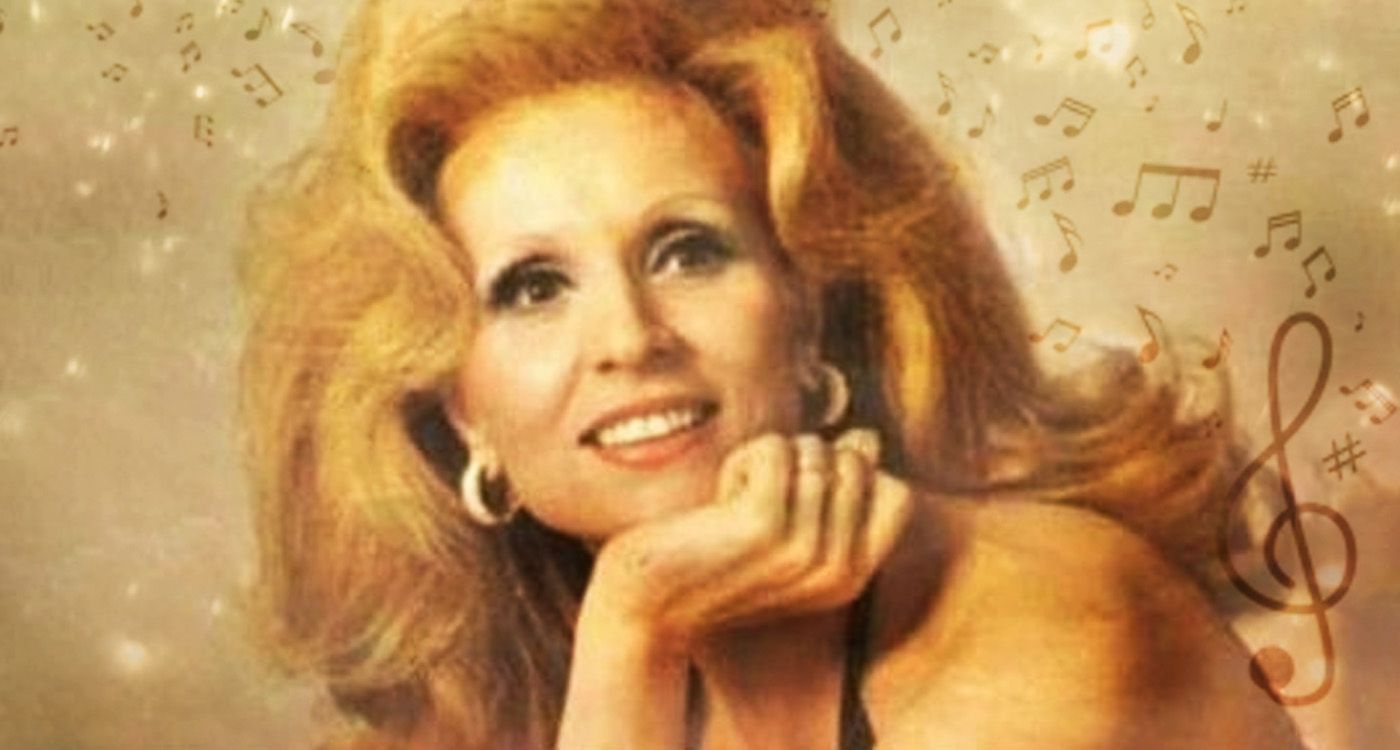
Sabah, Lebanon’s legendary singer and actress, enchanted the world with her golden voice and vibrant stage presence. Her legacy, spanning music, film, and cultural history, continues to echo across generations.
Sabah, born Jeanette Georges Feghali in 1925 in the hilltop village of Bdadoun near Wadi Chahrour—the mysterious “Valley of the Blackbird”—was destined for artistry. Poetry ran in her family; her uncle, Anis Feghali, earned the nickname Shahrour El Wadi for his mastery of the traditional Arabic poetic form, zajal. Jeanette inherited this poetic spirit and became known as Shahroura, “the little blackbird,” whose voice would travel across continents.
At fourteen, she began singing, and by seventeen, she had recorded her first songs. Her career unfolded like a living tapestry: over fifty albums, thousands of songs, and melodies that embedded themselves in the collective memory of the Arab world and beyond. Her dynamic stage presence opened doors to the world’s most prestigious venues: the Olympia in Paris, Carnegie Hall in New York, the Piccadilly Theatre in London, and the Sydney Opera House.
Egyptian cinema, booming at the time, embraced her as well. Sabah starred in numerous films alongside stars like Rushdy Abaza, Salah Zulfikar, and Abdel Halim Hafez. She acted, sang, and danced, strengthening her reputation as a luminous figure who never faded away.
Choosing the stage name Sabah, meaning “morning” or “dawn” in Arabic, she embodied hope at daybreak. For seven decades, she remained a beloved and familiar figure, appearing in concerts, interviews, and television shows. Even in her final years, her presence symbolized the vibrancy of Lebanese and Arab culture. When she passed away in Beirut in 2014, it felt like a chapter of cultural history had come to a close.
Her most famous titles, including Sabouha, Al Shahroura, and The Song of the Birds, showcased her expressive, lively, and playful voice and her extraordinary ability to hold a single note for over a minute.
A lifelong romantic, Sabah married seven times, admitting that many of her husbands sought her fame and success. Rumors of her death circulated days before she passed, but ever witty, Sabah insisted that even in death, she kept people talking.
Sabah’s name evokes joy, color, and music. It evokes dancing, humming, and Lebanese tunes that remain timeless. It evokes a pioneering spirit and courage—the courage to face life boldly, to embrace joy despite gossip, to live and love openly.
Whether one is a fan or not, Sabah stands as a symbol of Lebanon’s past, alive in the streets of Beirut, the hidden cafés of Hamra, and the taxis weaving through the city. Her image appears on walls, on designer bags paying tribute to Beirut, and in the collective imagination. With her unique curly blonde hair, iconic outfits, and indelible voice, Sabah continues to live on.
“Today is the anniversary of Sabah’s birth.” That simple truth resonates. On old black-and-white televisions, she lit up the screen. Her joyful notes still echo for the elders. Even Baalbeck remembers her fragrance. Sabah—the eternal lover, the rebellious artist, the captivating voice, the woman with bold curls—remains. She still mesmerizes even the most hardened hearts. She succeeded in her mission: to celebrate life at its fullest.




Comments